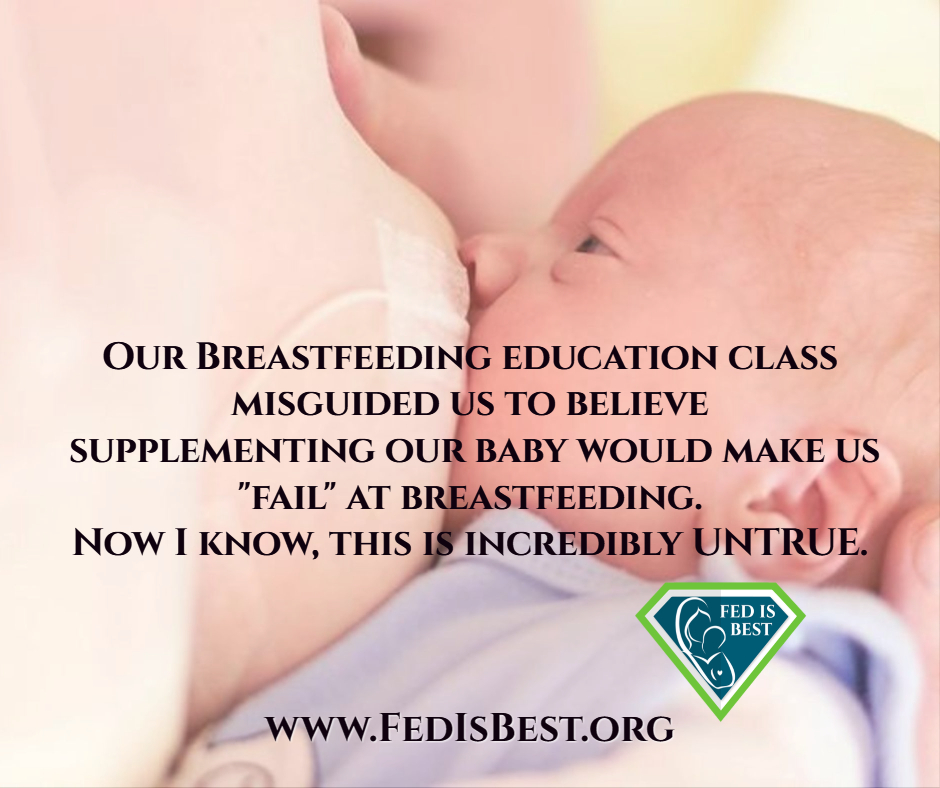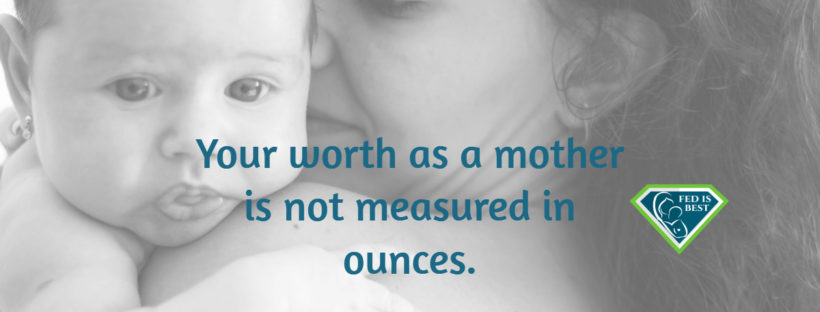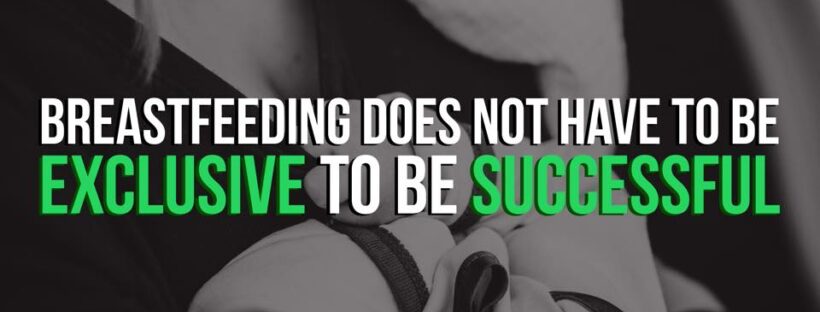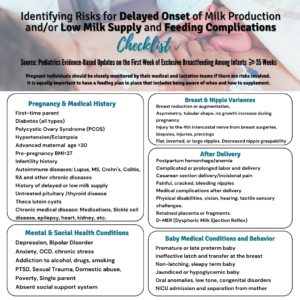As a nurse, I knew I wanted to breastfeed my baby. I learned everything I could about breastfeeding, and I just knew that it would work for us. In nursing school, we were told that anyone could breastfeed who wanted to and I believed it. I would not even consider the possibility of feeding my children in any way other than nursing and was extremely judgmental of anyone who did not breastfeed their children. I honestly thought they were lazy, selfish, and unwilling to do the work. I lived by the mantra that “breast is best!” My son was born, and I was so excited to meet him and begin our breastfeeding journey. Unfortunately, we struggled from the very beginning. It was very difficult to get him to latch, and when he did, he wouldn’t stay on very long. Eventually, our son became difficult to wake up, but the nurses responded to our frustrations by saying, “he must not be hungry!” By discharge, I didn’t feel like I knew what I was doing. I bravely went home, believing this was normal. We would figure it out because “breast is best.”
 My husband and I cried a lot during the first 24 hours at home. We fought to wake our sleepy newborn up, but we were rarely successful, and when we were, we couldn’t get him to eat. I kept on refusing to allow my husband to give our son any formula because I didn’t want it to ruin our breastfeeding relationship. We went to his newborn appointment when he was four days old. I knew at that point things weren’t going well but wasn’t prepared for the realities we were about to face. Our son had lost 13% of his body weight, he was hypothermic with a body temperature of 94.9, he was hypoglycemic, and had lost his reflexes. Our pediatrician looked at us with very sad eyes and kindly but firmly, explained our son was very sick and needed to eat now. Continue reading
My husband and I cried a lot during the first 24 hours at home. We fought to wake our sleepy newborn up, but we were rarely successful, and when we were, we couldn’t get him to eat. I kept on refusing to allow my husband to give our son any formula because I didn’t want it to ruin our breastfeeding relationship. We went to his newborn appointment when he was four days old. I knew at that point things weren’t going well but wasn’t prepared for the realities we were about to face. Our son had lost 13% of his body weight, he was hypothermic with a body temperature of 94.9, he was hypoglycemic, and had lost his reflexes. Our pediatrician looked at us with very sad eyes and kindly but firmly, explained our son was very sick and needed to eat now. Continue reading






